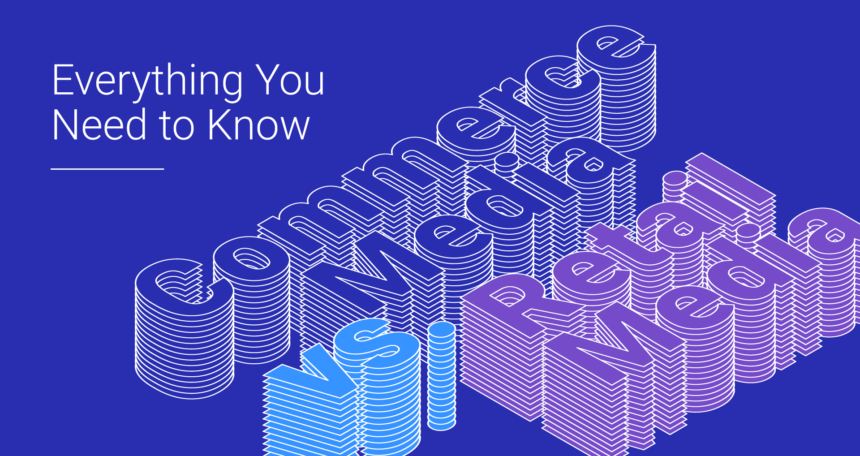Third-Party Data
What is third-party data?
Third-party data is information gathered by external companies that don’t directly interact with users. This data is collected from different online sources like websites and apps and sold to other businesses for targeting and personalization purposes.
How does third-party data work?
Third-party data is typically purchased from a data aggregator. Data aggregators collect data from a variety of sources and then sell it to marketers and other businesses.
Once a performance marketer has purchased third-party data, they can use it to target their ads and campaigns to specific audiences. For example, the marketer might upload the data to a paid search platform or a social media advertising platform to enhance their targeting.
The importance of third-party cookies has been waning as greater privacy regulations, such as the 2018 California Consumer Protection Act, started to go into effect starting in 2021. According to changes being implemented by Google, it appears that the “slow-death” of the third-party cookie will finally become a reality for advertisers in 2024.
Types of third-party data:
- Demographic data: Data about people’s age, gender, location, income, and education level.
- Behavioral data: Data about people’s online behavior, such as purchase history, website browsing behavior, and social media engagement.
- Psychographic data: Data about people’s interests, values, and lifestyle.
How to measure third-party data:
Some of the factors to consider when evaluating third-party data include:
- Source: Who collected the data?
- Methodology: How was the data collected?
- Accuracy: How accurate is the data?
- Timeliness: How recent is the data?
Why is third-party data important to marketers?
Third-party data has traditionally allowed marketers to:
- Reach new audiences they couldn’t access through their own data.
- Target their ads more effectively.
- Improve the performance of their marketing campaigns.
However, as stricter privacy restrictions have taken hold, the importance of third-party cookies has dwindled, and their value is expected to be severely curtained in 2024.
Who needs to know what third-party data is:
- Performance marketer
- Digital marketer
- Paid search specialist
- Social media marketer
- Display advertising specialist
- Email marketer
- Ecommerce manager
- Retail manager
- Marketing manager
- Agency owner
- CMO
Use third-party data in a sentence: “People often think third-party data is collected without permission, but that’s not part of its basic meaning—it’s really about who collects the data. Still, companies that gather data directly from customers usually have a better handle on getting consent.”


